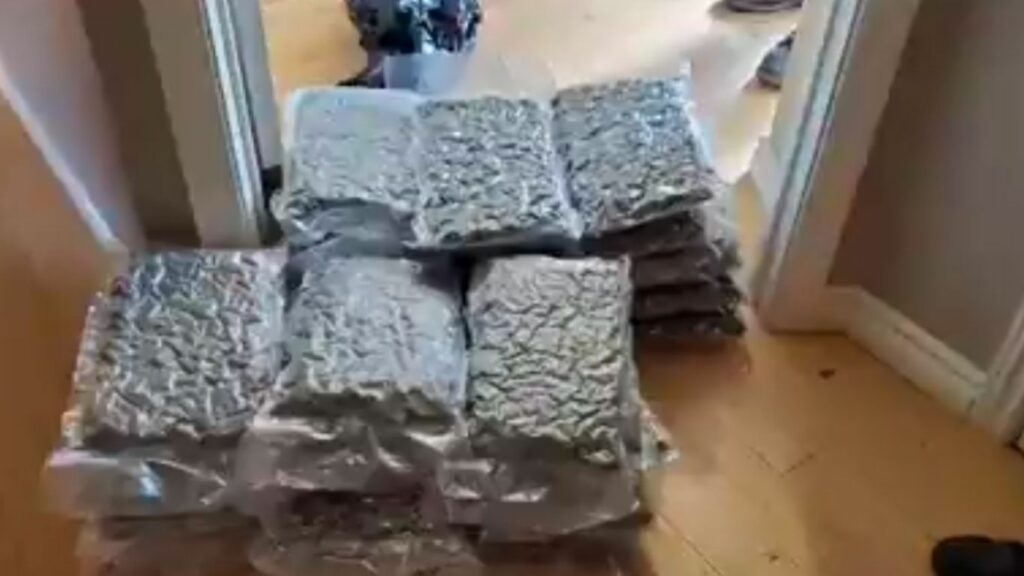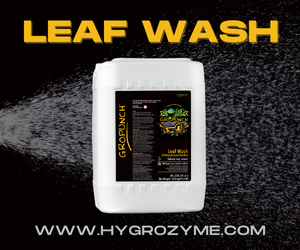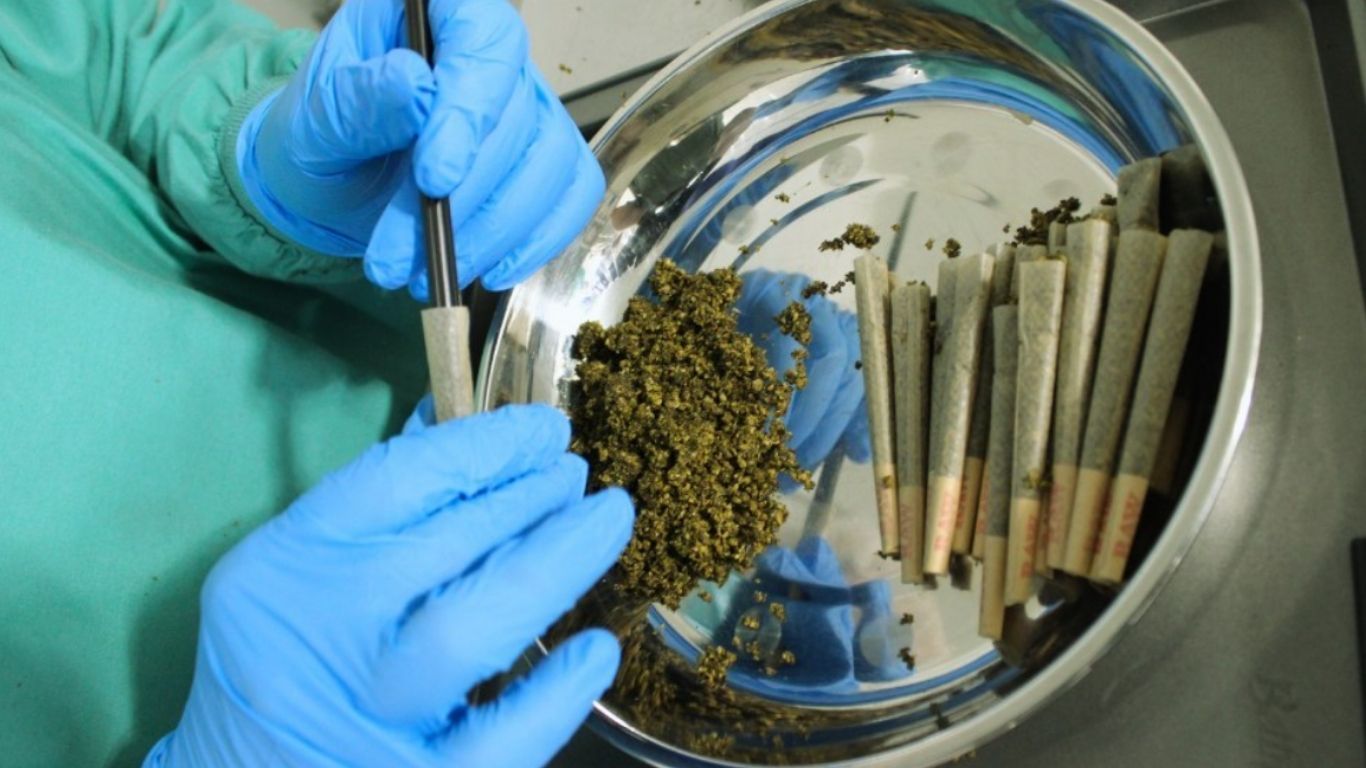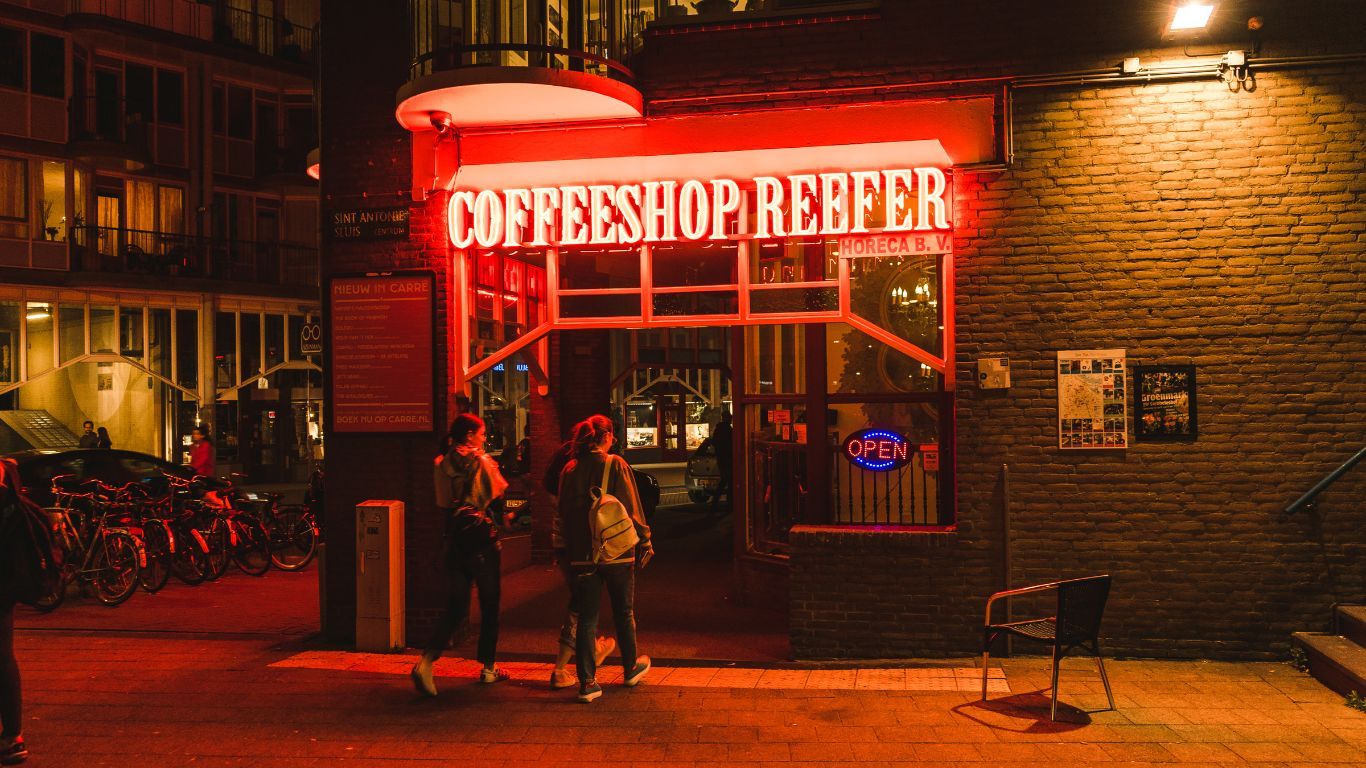
Lawyer in the case says Health Canada needs to more actively inspect personal and designated production sites.
Several charges have been dropped following a large-scale raid last October of a cannabis farm in Norfolk County, Ontario.
The story, first reported by the Sarnia Observer, references a lawyer connected to the case as saying there was no evidence his clients were not selling cannabis or exporting it, and that they were operating under personal and designated medical cannabis production rules.
“The judge said Health Canada should have inspectors to deal with these issues,” Toronto criminal lawyer Darren Sederoff tells the Observer. “When you get a licence for producing meat, you have inspectors who come and make sure you’re doing everything right.”
He argues that his clients in this case may have grown small overages in terms of plant counts, but that they were not engaging in trafficking. He says Health Canada should be inspecting these kinds of facilities more often.
At the time of the raid, the Norfolk County OPP said they were responding to numerous community complaints, seizing hundreds of cannabis plants and hundreds of pounds of pre-packaged cannabis, “ready for distribution”. They shared video showing numerous plants in a large greenhouse, along with cannabis flowers at various stages of processing and packaging.

Following several court rulings upholding the right to do so, Health Canada’s regulations allow for individuals to grow cannabis for themselves for medical purposes with their physician’s approval, or designating someone to do so on their behalf. Such designated licence holders can grow for up to four patients on one property.
The amount of plants a patient or designated grower can cultivate is dependent upon a physician’s recommendation for a daily gram amount. For example, an authorization of one gram a day translates to five indoor plants or two outdoor plants. While the average daily amount of cannabis prescribed by medical professionals in Canada is 1.8 grams, many home growers are often prescribed much higher daily amounts, which can lead to very high plant counts.
Inspections of these facilities are not common. From April 1, 2018, and March 31, 2019 conducted only nine inspections of personal or designated medical grow sites.
Numerous raids of such personal and designated licence holders have made the news in the past few years, fueling concern with many local governments that the system is not properly managed.
Norfolk County, along with several other regions in Canada, has called on Health Canada to more actively inspect these kinds of facilities. Diane Finley, a Conservative representing the Ontario riding of Haldimand-Norfolk, presented a petition in the House on February 5, with more than 1,000 signatures.
“These petitioners are worried about the growing problem of the misuse and abuse of the Liberal government’s current medical marijuana rules and the loopholes that exist in the designated grower program,” said Finley in the House of Commons. “The results are an infiltration of our communities by organized crime. There are also severe impacts on the quality of life for nearby residents.”
“These petitioners and I are calling on the government to take immediate action to address these loopholes. We also call for the Minister of Health to live up to the promises she has made repeatedly for over a year now to deal with this issue fully and promptly.”
Finley is one of several MPs who have spoken out on this issue over the last year, and first asked the Minister of Health to look into the issue in July 2020. Patty Hadju, the Minister of Health said at the time that she would look into the complaints.
The petition argues that “the existing regime governing the production of medical marijuana, particularly the Part 2 or “designated growers” regime, is rife with abuse as a result of loopholes in the current legislation that impede local officials’ and law enforcement’s investigations of growing operations that appear to be in violation of the law, of a lack of oversight from Health Canada of growing facilities, and of individuals obtaining extraordinarily large prescriptions to be grown by designated growers, and said prescriptions being magnitudes in excess of what a normal medical use prescription would be.”
It also says that these designated grows are often operating at a commercial scale but are not required to implement controls for odour and that organized crime is linked to these kinds of grows.
Another Conservative MP, Mark Dalton, representing the BC riding of Pitt Meadows-Maple Ridge, brought up similar concerns last year, saying residents in his riding are “fed up” with these personal or designated growers causing “big problems” within their neighbourhoods. He says law enforcement and Health Canada deflect responsibility to each other.
“Many medicinal marijuana growers are growing much more than their licences permit them to and have much more than a few plants, which is causing big problems within our neighbourhoods,” said Dalton. “All of this is happening without any proper supervision and enforcement by Health Canada.
“When residents have asked for help, it is a revolving door. The RCMP say that it is Health Canada’s responsibility and Health Canada does nothing.”
Highlighting this back and forth between RCMP and Health Canada, Bill Blair—Canada’s Minister of Public Safety and one of the government’s main spokesperson on legalization, as well as the MP for the Ontario riding of Scarborough Southwest—pointed out growing outside the allowances of a licence is a law enforcement issue, not a Health Canada issue.
“When people grow that marijuana and sell it outside of medical authorizations, they are committing a crime,” said Blair. “It is the responsibility of the police jurisdiction to investigate those crimes and bring charges where appropriate. Strong penalties exist for those activities and the tools are available to law enforcement to control those behaviours.”
According to Health Canada, the number of individuals registered for personal and designated cultivation of cannabis for their own medical purposes increased 29% from 33,614 in June 2020 to 43,211 in September 2020.
Health Canada has responded with a public consultation on their personal and designated medical cannabis production program, and is looking at implementing a system that will allow the regulator to deny or revoke licenses on public health and public safety grounds. A guidance document is expected later this year or next on their findings and plan moving forward.

































